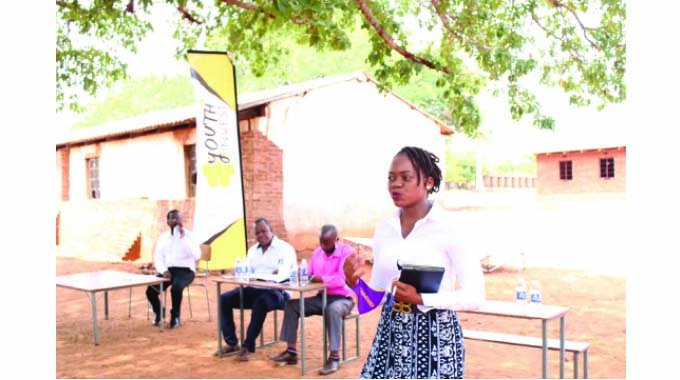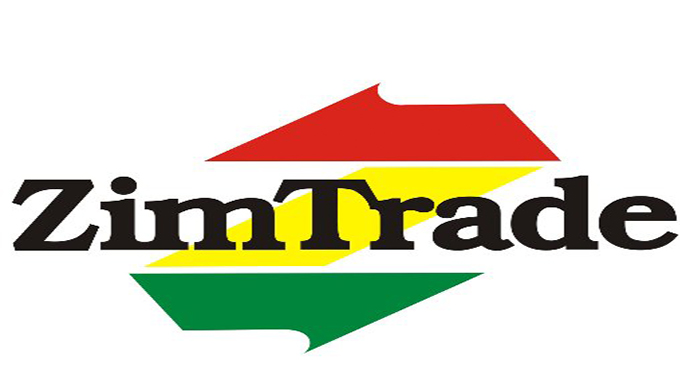Sound social and health services key in addressing GBV at the grassroots

Leonard Ncube , Victoria Falls Reporter
A CALL has been made for social and health service providers to bring services closer to the people especially in rural communities as this is key in addressing gender-based violence (GBV) at the grassroots.
Zimbabwe joined the rest of the world in commemorating 16 Days of Activism Against Gender-Based Violence, an annual international campaign that kicked off on the International Day for the Elimination of Violence against Women last Thursday and will end on Human Rights Day on 10 December.
Gender activists in Matabeleland North are rolling out a number of awareness and educational campaign activities with the aim of ending GBV.
Physical abuse, sexual violence as well as rape of minors are the most prevalent abuses especially in rural communities in the province, according to gender activists.
They believe abuses can be addressed by bringing services closer to people in line with the Government’s Devolution and Decentralisation policies. Director for Emthonjeni Women’s Forum (WF) which operates in Bulawayo, Matabeleland North and South provinces, Mrs Sikhathele Mathambo said accessing services in rural communities is a challenge.
“Services within rural communities are a challenge. Some clinics are there but we need more presence.
Victim Friendly Units are also confined to major police stations while outlying police bases have no trained personnel.
This means that survivors of violence have to find means to get to the centre as service providers are mostly found at district centres,” she said.
Mrs Mathambo said activities were lined up in all the three provinces.
“We have done Tsholotsho and Bulawayo and now we are going to Insiza and Umzingwane to amplify awareness on gender-based violence focusing mostly on violence within the family and between intimate partners,” she said.
Buwalo Matalikilo Trust (BMT) executive director Mrs Annah Mandizha-Ncube said long distances from police stations, health facilities and social workers leads to low reported GBV cases in communities.
BMT operates in Matetsi Ward 1 and Silewu Ward 15 in Hwange district and works in partnership with SafAids Zimbabwe and Sonke Gender Justice.
“We are calling upon service providers and Government departments to decentralise their services to wards.
The first port of call for survivors is a police station or health facility and these in most cases are not close to the people.
Ideally these services should be within walking distance. Government is on a drive to devolve governance to provinces and it is our wish that these service providers also go to where people are,” said Mrs Mandizha-Ncube.
She said BMT has rolled out activities to capacitate community leaders and service providers on GBV response in Hwange district.
“The biggest driver of GBV especially around Hwange rural is intimate partner violence and rape of young children.
We need to end GBV now, we cannot continue to watch and not respond or react to GBV. We are having children being impregnated or married off and dropping out of school.
We need police stations and clinics to move closer to the people to enable victims to seek help,” said Mrs Mandizha-Ncube.
She however, said there has been a significant increase in cases being reported in the district as a result of interventions by BMT and other partners.
Authorities are on record saying GBV cases rose during the Covid-19-induced lockdowns as men and women were literally locked down together.
The closure of industries and loss of jobs, it was noted, caused friction within families.
Youth Invest director Ms Nomqhele Siziba implored Government to prioritise addressing violence against women and girls in its Covid-19 response and recovery programmes.
“In Hwange district, the shadow of the pandemic has been manifesting itself through girl child neglect, physical and sexual assault.
The GBV cases have been fluctuating between 40 and 80 percent. Women and girls are usually the worst affected during humanitarian crises hence the need to prioritise their rights and needs,” said Ms Siziba.
She urged Government to invest in pandemic preparedness through providing clear socio-economic support for women and families especially in rural and outlying areas.
Ms Siziba also called for a multi-stakeholder approach to address the underlying drivers of GBV. The gender organisation works closely with various Government departments and agencies. — @ncubeleon











Comments